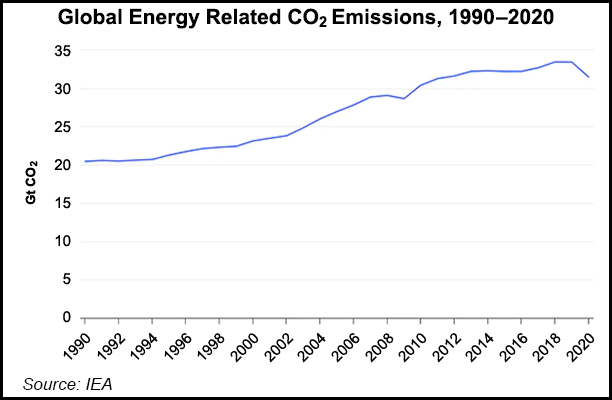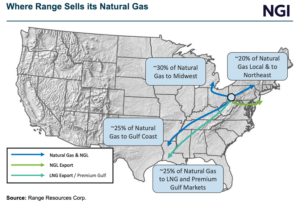More than 300 businesses and investors, including U.S. utilities and energy infrastructure giants, have signed an open letter to President Biden urging the administration to nearly double the U.S. commitments in targeted reductions for greenhouse gas (GHG) emissions.
The letter’s 310 signatories represent more than $3 trillion in annual revenue and $1 trillion-plus in assets under management. Energy companies signing the letter included large utilities such as Edison International, Exelon Corp., Pacific Gas & Electric Co. and National Grid plc, as well as energy infrastructure heavyweights Schneider Electric SE, Siemens AG, Iberdrola SA, General Electric Co. and Acciona SA.
Household names such as Coca Cola Co., Walmart Inc., Apple Inc., McDonald’s Corp., Target Corp. and...



